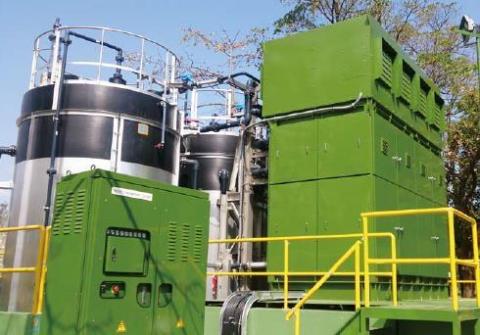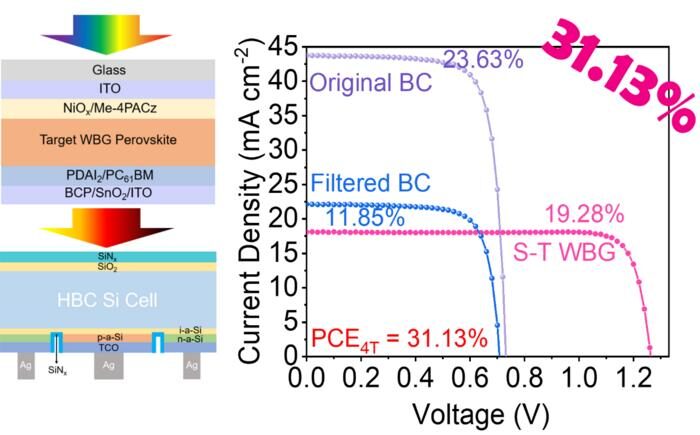Taiwan continues its push towards renewable technologies. The Taiwan Power Research Institute (TPRI) is now looking into redox flow electrical storage in a new project.
TPRI is an entity under Taiwan Power Co., the state-owned utility most commonly known as Taipower. Through a series of demonstration projects, TPRI is experimenting with ways to control peak demand and smooth out the variability of renewables such as solar.
The Sumitomo Electric Industries battery will be tested with electricity generated by solar panels, wind turbines and diesel generators. TPRI ordered the redox flow battery from Sumitomo Electric in May 2016. Installation of the system was completed in February 2017.
In an online statement, the Japanese company said it would continue to back TPRI’s energy storage demonstration projects, but did not provide additional details.
Osaka-based Sumitomo Electric has supplied utility-scale storage solutions for a number of renewables-related demonstration projects in recent years. In 2013, it agreed to provide a 60 MWh vanadium redox flow battery for a substation operated by Japanese utility Hokkaido Electric Power, to regulate transmission of PV and wind capacity.
And in early 2014, Sumitomo Electric’s parent paired a 10 MW solar project in Osaka with the first energy storage system in the world to run on used lithium-ion batteries pulled from electric vehicles.
This content is protected by copyright and may not be reused. If you want to cooperate with us and would like to reuse some of our content, please contact: editors@pv-magazine.com.



By submitting this form you agree to pv magazine using your data for the purposes of publishing your comment.
Your personal data will only be disclosed or otherwise transmitted to third parties for the purposes of spam filtering or if this is necessary for technical maintenance of the website. Any other transfer to third parties will not take place unless this is justified on the basis of applicable data protection regulations or if pv magazine is legally obliged to do so.
You may revoke this consent at any time with effect for the future, in which case your personal data will be deleted immediately. Otherwise, your data will be deleted if pv magazine has processed your request or the purpose of data storage is fulfilled.
Further information on data privacy can be found in our Data Protection Policy.